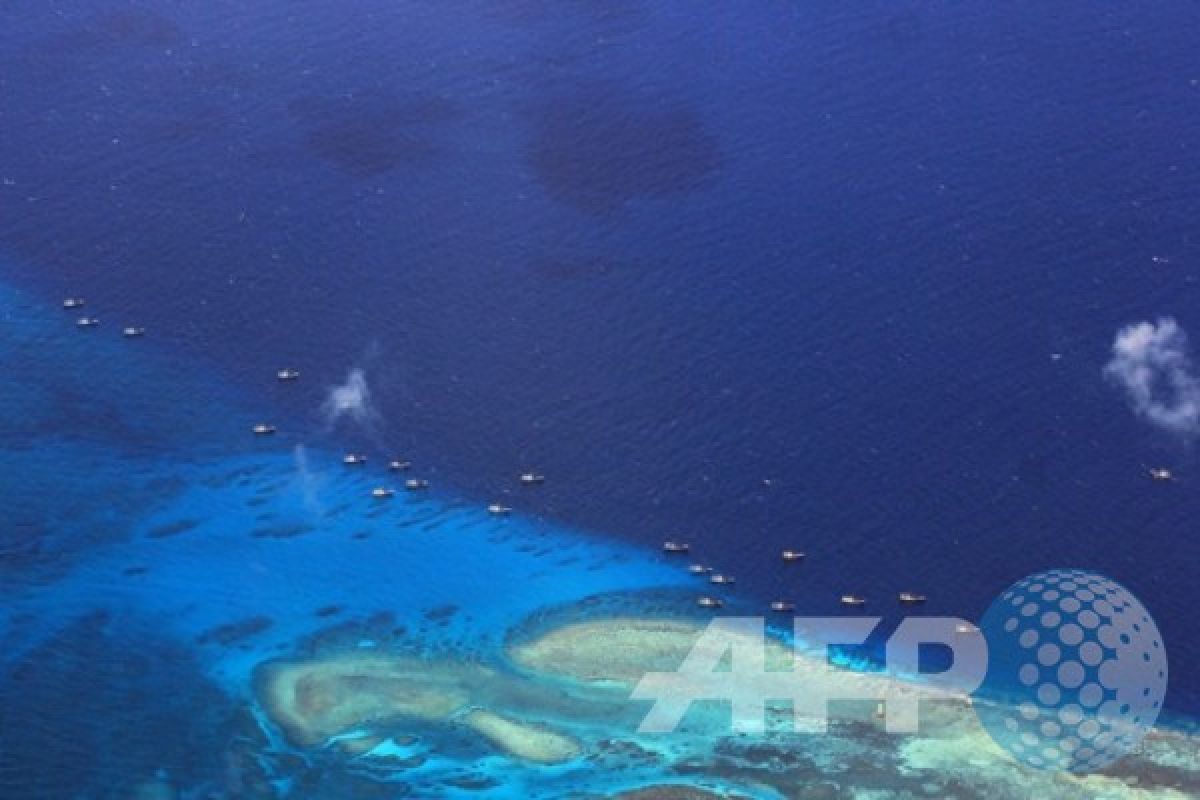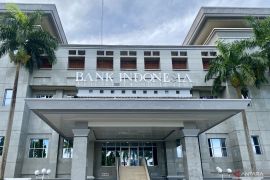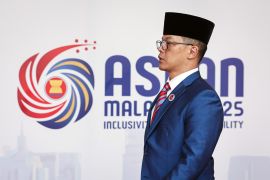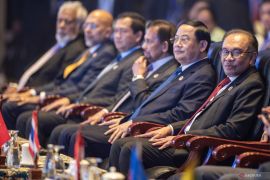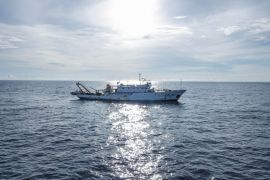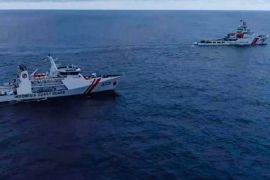"It is not wise if all burdens are given to Indonesia. This is a conflict that has to be solved, not something to show a political leadership," Dewi said.Jakarta (ANTARA News) - Other countries have big expectation on Indonesias policy over the South China Sea conflict although Indonesia has affirmed its neutral stance, according, Dewi Fortuna Anwar, deputy for government policy support of the Vice President Secretariat.
Speaking at a seminar here on Thursday, Dewi Fortuna Anwar said that the economic interest of two ASEAN members (Laos and Cambodia) and China complicated efforts to settle the South China Sea conflict.
Therefore, she said, member countries of the Association of Southeast Asian Nations should help the two countries (Laos and Cambodia) develop their economies in an effort to solve the problem.
"It is not wise if all burdens are given to Indonesia. This is a conflict that has to be solved, not something to show a political leadership. Indonesia and other ASEAN members should have the same voice and jointly seek for a solution," said Dewi.
The Indonesian foreign policy with regard to the conflict, she said, is in line with the statement of President Joko Widodo that Indonesia is not included in the South China Sea so that it has no problem of its own to settle with the conflict and that it should remain neutral.
Indonesia has shown its attitude with regard to the matter, by for example, not recognizing the presence of the 9-dash-line.
"With having no reaction to the opening of a US military base in the Asian region, Indonesia shows its attidude," noted Dewi Furtuna Anwar.
In the US-ASEAN summit last month, President Joko Widodo said Indonesia is not included in the area of the South China Sea conflict and it will remain to adopt a neutral stand.
A number of parties viewed that the South China Sea issue is a political and regional conflict. It is not merely a matter of law and sea borders so that Indonesia as one of the a leader in ASEAN is expected to take concrete steps to settle the conflict.
Indonesia is expected to play a mediators role to bring peace and resolve conflicts among countries, which have overlapping claims over the South China Sea.
"We hope that as a member of the Asian Peace and Reconciliation Council (APRC), Indonesia will become a mediator and brings hope for peace to the South China Sea," Surakiart Sathirathai, the APRC chairman said after a meeting with Vice President Jusuf Kalla late last month.
Sathirathai met with Kalla to discuss solutions to the South China Sea conflict.
Both sides discussed efforts to reduce tension in the region and the possibility of the claimant countries to cooperate in the economic field and in the development of the oil and gas resources of the region.
"The APRC sees a good role for Indonesia to offer a solution to achieve peace in the region," Sithirathai added.
He said that the next round of talks would be held in the middle of this year or by year-end. "We should not necessarily wait for the ASEAN Summit. It depends on when Indonesia wants the talks to happen," remarked Sathirathai.
Vice President Kalla expressed confidence that Chinese President Xi Jinping wants his country to smoothen its trade, as an industrial nation. "If a country is willing to facilitate its export and import activities, it must also want a secure and peaceful shipping lane. So, I think China is not likely to try to control the region by force," said Kalla.
According to Kalla, if the sea lanes in the South China Sea are insecure, Chinese exports will drop. "If there is natural wealth (which claimant countries want to exploit) in the region, the best way is to cooperate in the exploration efforts in their respective areas," noted the vice president.
So far, a number of countries have overlapping claims over the South China Sea, including China and ASEAN countries such as Brunei Darussalam, the Philippines, Malaysia and Vietnam.(*)
Editor: Heru Purwanto
Copyright © ANTARA 2016
